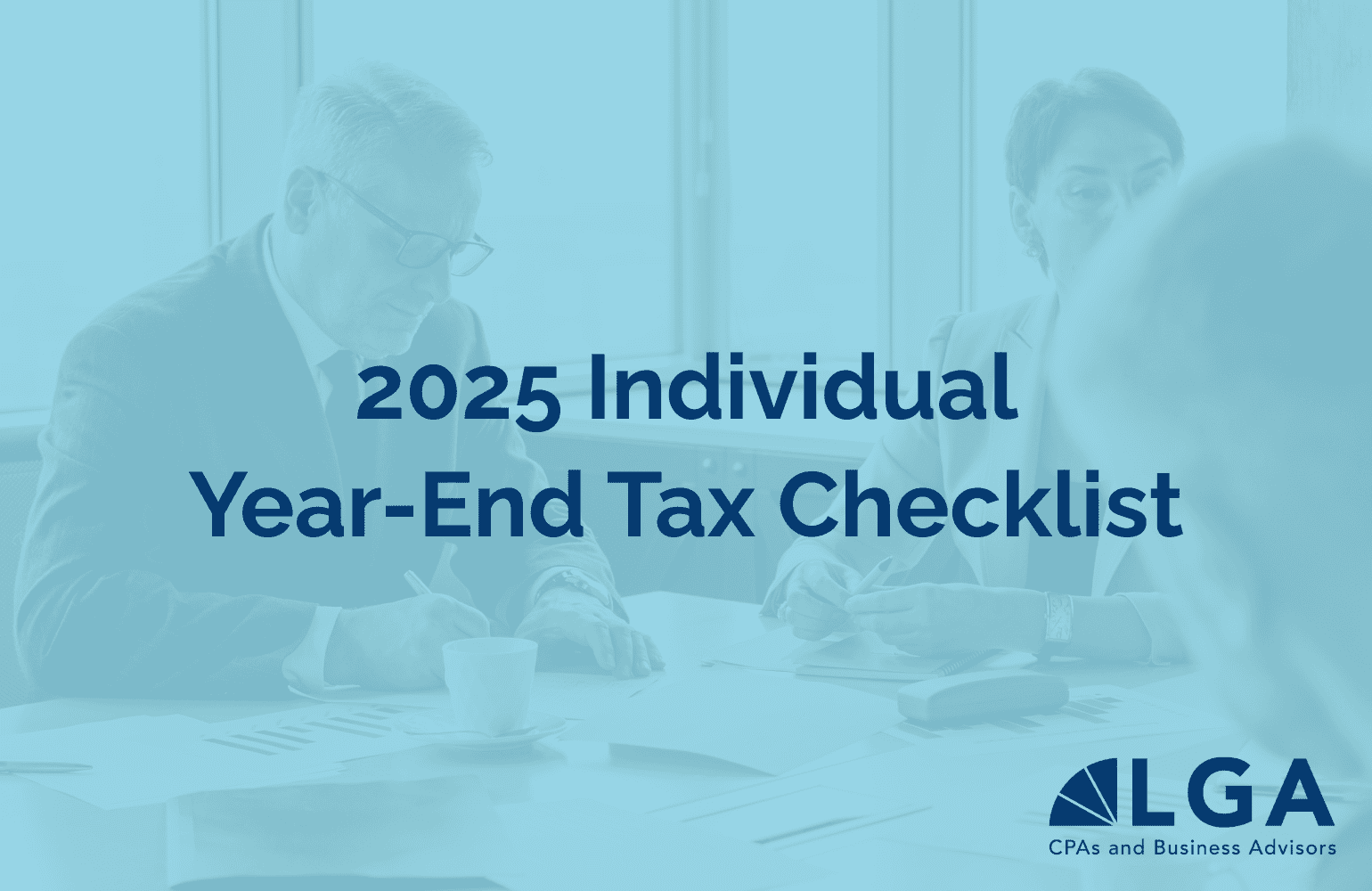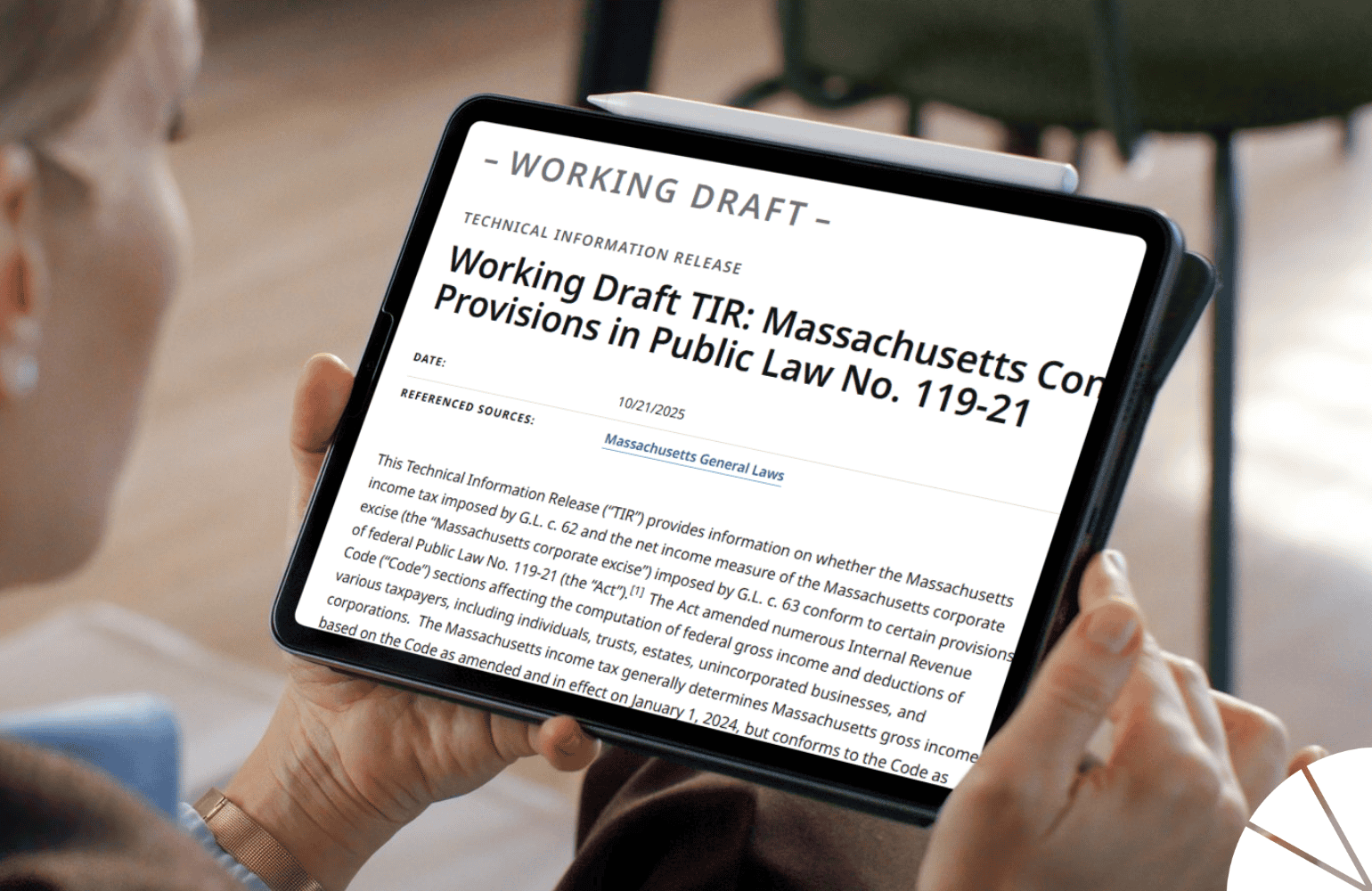
As we navigate 2024, high-net-worth (HNW) individuals face a constantly evolving tax landscape that demands strategic planning and informed decision-making. Tax law changes coupled with the rise of alternative investments necessitate a comprehensive approach to tax planning.
Among the Best Strategies
To shed some light, Jeffrey S. Levine, CPA, MST, and Director of Financial Strategies at LGA provides the following guidance.
Q. What are the most significant tax law changes in 2024 HNW individuals should be aware of, and how do they impact their tax planning strategies?
Let’s first identify HNW individuals. The term is a bit deceptive because it doesn’t always mean high income. People with this designation could have their worth tied up in stocks, bonds, real estate, or other resources.
With that in mind, the tax laws impacting HNW individuals are related to inflationary increases in allowable contributions to retirement plans, health savings accounts, qualified charitable deductions, and the broadening of tax brackets, which occurs each year. The Inflation Reduction Act and the Secure Act 2.0 also impact tax planning.
For example, the gifts exclusion increased to $18,000 for calendar year 2024, up from $17,000 for calendar year 2023.
- Contributions to 401(k), 403(b), and 457 plans are allowed up to a $23,000 maximum (with an extra $7,500 allowed for 401(k) and 403(b) participants aged 50 or over).
- Contributions to IRAs are allowed up to $7,000 ($8,000 for those 50 or over).
- Health Savings Accounts are allowed up to $4,150 for single or $8,300 for family accounts (plus an extra $1,000 increase when 55 or over).
- The qualified charitable deduction from an IRA for each taxpayer over 70-½ is now $105,000.
- The Federal Lifetime Exemption from estate or gift tax is now $13.61 million per person.
- Up to $35,000 of remaining funds in a 529 Plan may be converted to a ROTH IRA for the Plan’s beneficiary (over time and dependent on the beneficiary’s earned income).
- ROTH 401(k) owners are no longer required to take RMDs from their ROTH 401(k) account.
- Energy-saving home improvement tax credits may now be applied each year the work is done and are no longer limited to a $ 500-lifetime credit.
Q. What are some effective ways HNW individuals can maximize 2024 deductions and credits to reduce their taxable income?
The above changes at high-income levels may seem small, but the results are still meaningful. Taxpayers should consider tax planning now rather than year-end. Doing so gives them time to harvest investment losses to offset capital gains or rebalance holdings to seize long-term capital gains and qualified dividend income, which are taxed at lower rates than ordinary income.
If you are aged 70-½ or over and have a large IRA balance, you:
- can count qualified charitable deductions as part of your required minimum distribution;
- won’t pay tax on the distribution; and,
- will not experience an increase in adjusted gross income, thus, retaining your Medicare premiums at a reasonable level.
When undertaking home-improvement projects, consider the Residential Clean Energy Credit that equals 30 percent of the cost of new, qualified clean energy property when installed before 2032.
Consider grouping deductions, such as large medical expenses and larger charity deductions to exceed the standard deduction, if possible. Perhaps using a Donor Advised Fund to accelerate large charitable funding if you wish.
Additionally, since interest rates have rebounded, municipal bond interest income is generally federal-tax-exempt income and may be tax-exempt at the state and local level too if the bonds were issued by the state in which you live.
Finally, with the Tax Cuts and Jobs Act (TCJA) tax rates sunsetting, you should attempt to accelerate income into 2024/2025 and defer deductions into 2026 and beyond wherever possible.
Q. How can HNW individuals effectively plan for estate taxes and minimize their tax liability in 2024?
With proper gift planning today and in 2025, such as gifting a family vacation home to another family member, there is an opportunity to lower future estate tax exposure.
Consider ROTH conversions of an IRA or other retirement holdings. While ROTH conversions would be taxable today, the remaining holdings grow tax-free. While your ROTH IRA would still be in your estate, the income tax paid on the conversion lowers the estate value. Then, any inherited ROTH IRA funds and required distributions would be tax-free.
Consider Donor Advised Funds for charity, or Charitable Trusts (CRAT, CRUT) to reduce the estate with charitable gifts.
Finally, funding life insurance could reduce your estate tax by providing liquidity to pay future estate taxes if the funding is done through a life insurance trust.
Q. With the increased popularity of alternative investments, e.g., cryptocurrencies and private equity, what tax considerations should HNW individuals keep in mind when incorporating them into their portfolio(s)?
When investing focus on your goals rather than the taxes. For instance, with alternative investments, liquidity, risk, time frame, and other variables should be considered and evaluated. Due to the complicated nature of these specific types of investments coupled with the enhanced scrutiny by the U.S. Treasury, you may need to file a tax extension and/or increase costs when working with a tax professional.
Q. What are three actions HNW individuals can plan for this year and next year?
Remember to plan based on the facts you know today. Then,
- Review your estate value and consider gifting and utilizing the $13.61 million exemption.
- If you have grandchildren, elect to fund five years of 529 Plan contributions upfront to shift investment growth from your estate.
- Consider ROTH conversions to shift assets into retirement funds that do not require minimum distributions.
Whether you are a HNW individual seeking to refine your tax strategy or simply looking for expert insights, navigating the complexities of tax planning can be daunting. With the right strategy and expert guidance, you can optimize your financial outcome.
Contact our experienced tax planning team to start implementing these proven strategies tailored to your unique financial situation. Don’t let tax season catch you off guard—ensure your wealth is protected and maximized with our comprehensive tax planning services.






